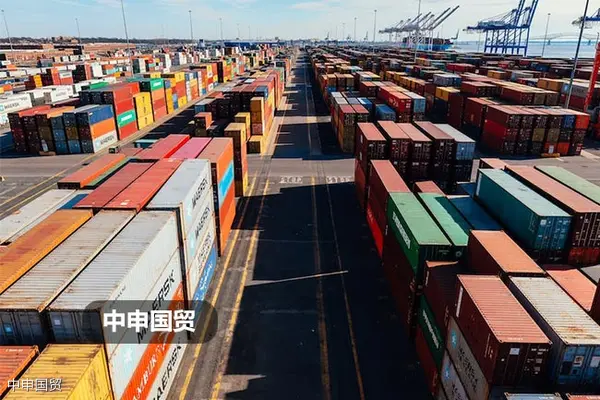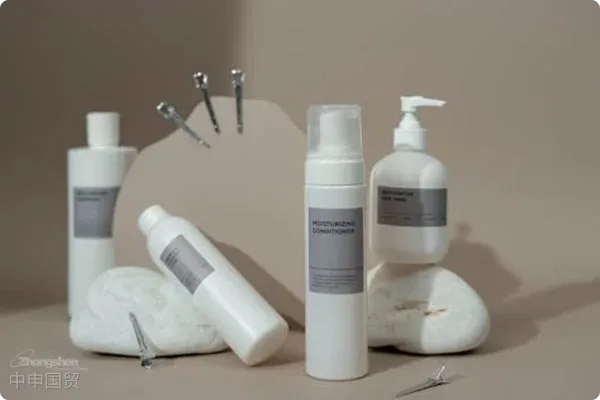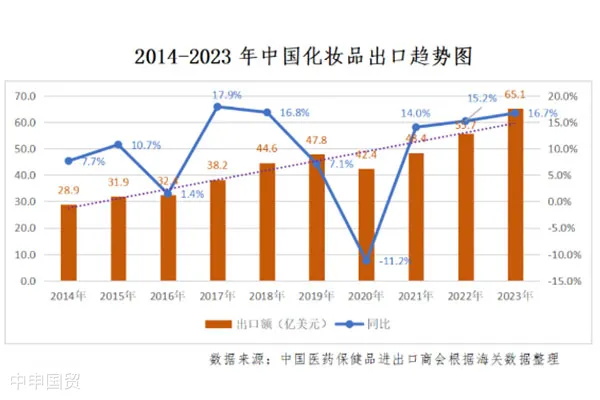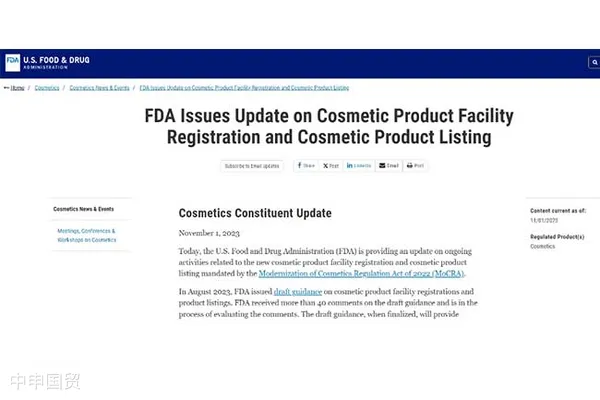- Shanghai Zhongshen International Trade Co., Ltd. - Two decades of trade agency expertise.
- Service Hotline: 139 1787 2118
Indonesia, as the largest economy in Southeast Asia, the huge consumer market provides abundant opportunities for overseas producers. However, exporting food andCosmetics & Personal Careto Indonesia is not unimpeded without thresholds. Enterprises must comply with a series of complex regulations and standards. This article will introduce the new regulations issued by the Indonesian Food and Drug Administration in 2023, as well as the key points to note when exporting food and cosmetics to Indonesia.
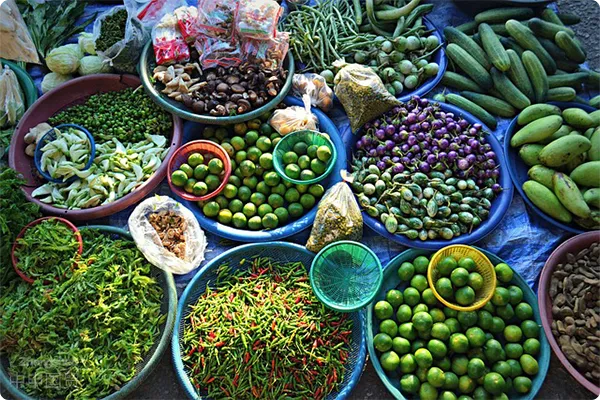
I. Overview of the latest regulations
Background of regulatory revision
On November 3, 2023, the Indonesian Food and Drug Administration (BPOM) issued Document No. 28 of 2023, which is an important revision of the Regulations on the Supervision of Imported Food and Drugs formulated in 2022. The revised regulations came into force on December 3, 2023, and put forward more stringent requirements for the supervision of imported food and cosmetics.
Main revised contents
The newly revised regulations mainly include the following aspects:
? Import license: All imported food and cosmetics must obtain official approval. Among them, food and health supplements for sales and circulation must handle a circulation license and a border import certificate (SKI Post Border).
? Shelf - life requirements: When reaching the border, food and health supplements should retain at least 2/3 of the shelf - life, and cosmetics should retain at least 1/3.
? Safety management system certificate: Imported processed food needs to submit the original and scanned copy of the safety management system certificate.
? Product registration: Electronic versions of licenses, analysis certificates, product certificates, labels, invoices, etc. need to be submitted.
? Packaging and Labeling Requirements: The packaging and labeling of health supplements and cosmetics must be consistent with the information on the license and comply with the latest labeling regulations.
Cosmetics Labeling Regulations
Specifically for cosmetics labels, the new regulations require that the information on the label must be complete and true, and must not mislead consumers. The label should be in Indonesian and contain key information such as the product name, efficacy, usage method, ingredients, etc., and the information should be clear and easy to read.
II. Key points to note when exporting food to Indonesia
Registration Requirements
Before exporting food to Indonesia, it must be registered with the Indonesian National Agency for Drug and Food Control (BPOM) and obtain a registration number. This process requires the submission of detailed product information, including ingredients, formulas, and production processes, etc. All imported food must be registered and obtain a registration number.
Inspection and Quarantine
Indonesia implements strict inspection and quarantine measures for imported food. There are also additional technical requirements and certification standards for certain products, and official certificates from the country of origin and the transit country are required.
Circulation Permit
According to the new policy, imported food must hold a circulation permit and complete the import procedures within the specified time.
Shelf Life and Inspection Certificate
Ensure that the remaining shelf life of imported food is at least 9 months. Imported bulk food should be accompanied by an inspection certificate issued by the manufacturer or an accredited laboratory.
III. Points to note when exporting cosmetics to Indonesia
Registration and Compliance
The export of cosmetics also needs to follow the registration and review procedures of BPOM to ensure that products meet safety and quality standards.
Document Preparation
When exporting cosmetics, complete and accurate documents need to be prepared, such as packing lists, invoices,It is recommended to verify through the following methods:---
Packaging and Labeling
Ensure that the packaging and labeling meet the requirements of Indonesian regulations, especially the accuracy and completeness of label information, listing all ingredients in detail.
Transportation and Customs Clearance
Cosmetics are sensitive goods and are strictly inspected in Indonesia. It is recommended to choose a logistics company that can provide door - to - door customs clearance and tax services.
Attention to the Latest Policies
Since the Indonesian government may update import policies irregularly, especially in areas such as cosmetics, exporters should always pay attention to and comply with the latest regulations.
Exporting food and cosmetics to Indonesia involves complex regulations and procedures. Exporters need to ensure that all registrations, packaging, labeling, and documents meet the requirements of the new regulations. Through careful preparation and compliance checks, enterprises can effectively reduce the risks of goods notification and return transportation and smoothly enter the Indonesian market.
Related Recommendations
? 2025. All Rights Reserved. 滬ICP備2023007705號(hào)-2  PSB Record: Shanghai No.31011502009912
PSB Record: Shanghai No.31011502009912
